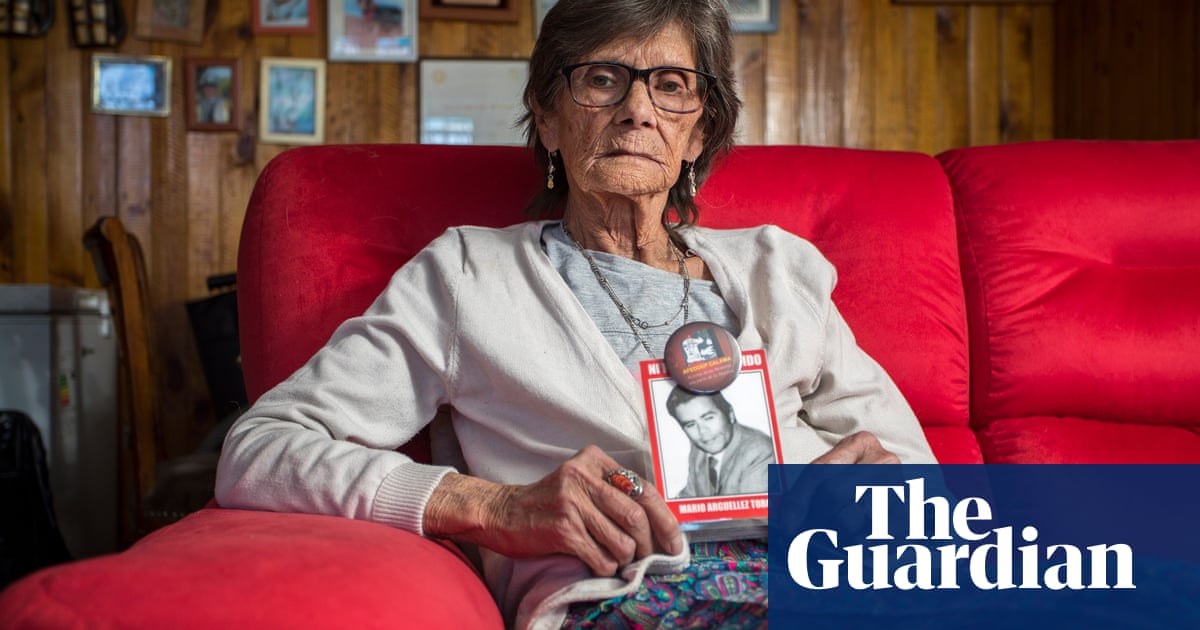
Sven-Göran Eriksson’s appointment as England manager in 2001, when he became the first foreigner to be given the job, was seen as a symbol of a more outward-looking nation. But his subsequent treatment by the press now feels more like the relic of a bygone age.
For decades, England managers provided colourful fodder for Britain’s ferocious tabloid newspapers. Glenn Hoddle and Kevin Keegan had their faded glamour and short-lived pop careers, while Terry Venables’s gruffness bought him respect from the red tops.
So when a bespectacled Swede who looked like a middle manager was appointed to lead the Three Lions in 2001, newsrooms across the country were dismayed.
But soon, editors found that Eriksson’s off-the-field life was often more appealing to them – and their readers – than his football tactics. And he was soon to find himself splashed all over the front pages, as well as the back.
There were accusations of treachery after his clandestine meeting in 2003 with the then Chelsea owner, Roman Abramovich. Eriksson also fell victim to an elaborate “fake sheikh” sting when he said he was prepared to become the £5m-a-year manager of Aston Villa just five months before he was due to lead England to the 2006 World Cup.
But perhaps most titillating of all was Eriksson’s complex love life, owing to a string of high-profile relationships including with the lawyer Nancy Dell’Olio, the TV presenter Ulrika Jonsson and the FA secretary Faria Alam.
In an era before the phone-hacking scandal, when tabloids – high on the “Wags” phenomenon – freely published smutty images and intimate details of celebrities’ private lives, Eriksson’s encounters suddenly took centre stage.
In an interview in 2018, Eriksson said the high profile of his love life took its toll. He said: “I thought I was prepared for England but I was not prepared for things outside football, my private life.”
The saga began when he started dating Dell’Olio a few years after his divorce from Ann-Christine Pettersson (with whom he shared two children). The relationship publicly imploded when Eriksson moved to England and embarked on an affair with Jonsson – leading to an infamous spat between the two women.
“Sven is behaving like a lying cad,” Jonsson said at the time. “He promised me it was over with Nancy but then takes her out to dinner and doesn’t even call me.” Jonsson later said sex with Eriksson was like “reading the instructions to Ikea furniture”.
Dell’Olio later took him back. But, ironically, Eriksson was accused of distracting the England team in the run-up to the 2002 World Cup by the very same newspapers that repeatedly wrote about his private life – forcing him to publicly state that the affair would not be affecting the side.
Yet he was always aware that it was the press that went for him, not the fans. “I always thought that if I did a good job the English people would be supportive. I had five-and-a-half years there and I never met any rude or abusive English football fans,” he said in 2017. “Almost everything negative was from the press. There was a big difference between the English fans and the English press.”
It was later, in 2004, when Eriksson had an affair with Alam, who also had a fling with the then chief executive of the Football Association, Mark Palios. Alam ended things with Eriksson when she found out he was simultaneously seeing five other women – and she later appeared on Celebrity Big Brother. In the Amazon Prime documentary Sven, Alam said Eriksson had told her to “tell your story, tell them everything. Make some money, why not?”
While the public scrutiny of his relationships became a point of anguish for Eriksson – he eventually split from Dell’Olio in 2007 before meeting his partner Yaniseth Alcides – he said he had “a good life”.
If there was a perfect demonstration of this, it is the exchange he had with the German coach and former international Dietmar Hamann while on a post-season tour to Thailand with Manchester City in 2008.
In his autobiography The Didi Man, Hamann recalled lazing on a sun lounger by the pool at 10am when he saw Eriksson carrying a silver tray with a bottle of champagne.
“I looked up and said: ‘Boss, what are we celebrating?’… He turned to me and smiled that gentle smile of his and took on the air of a Buddhist philosopher as he said: ‘Life, Kaiser.’
“Then, after pausing for dramatic effect, ‘We are celebrating … life.’”












